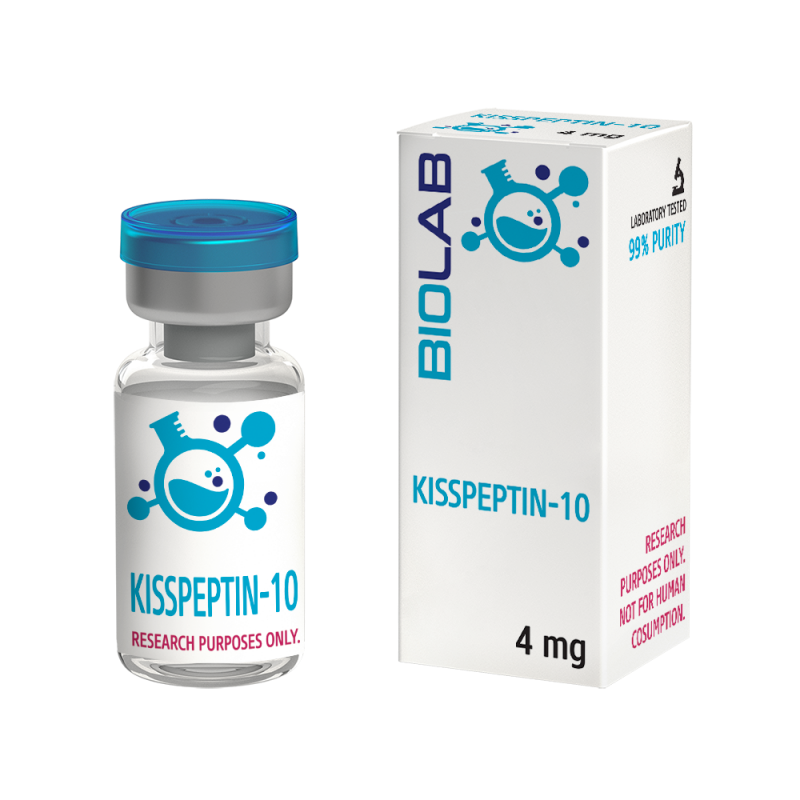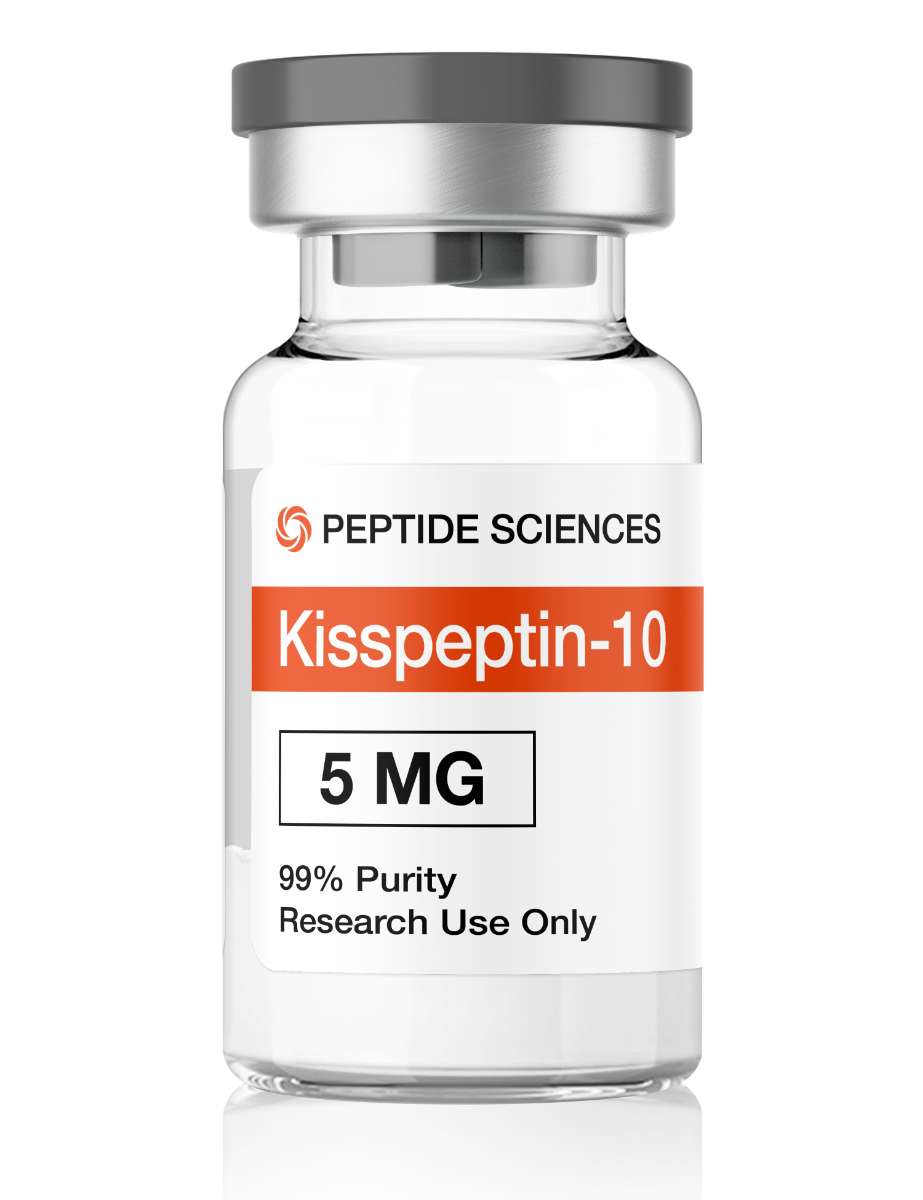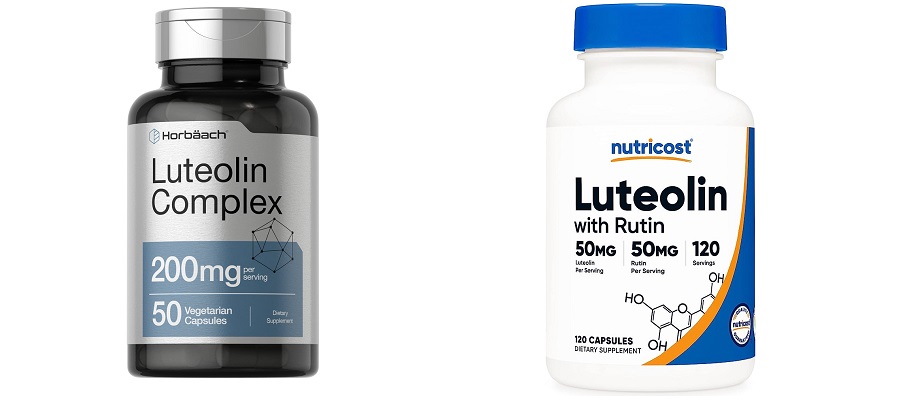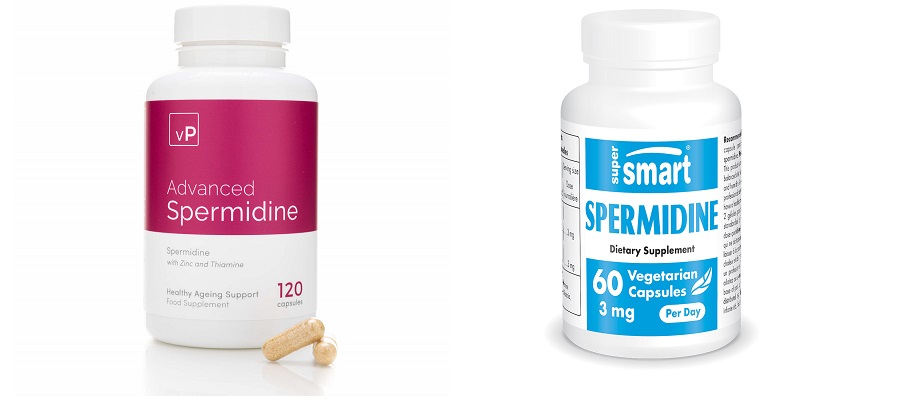Kisspeptin supplements are known to improve sexual brain processing in both women and men. But what is Kisspeptin?
| Attribute | Description |
|---|---|
| Name | Kisspeptin |
| Type | Neuropeptide hormone |
| Function | Regulates the hypothalamic-pituitary-gonadal (HPG) axis |
| Source | Produced in the hypothalamus |
| Receptors | Binds to Kisspeptin Receptor 1 (KISS1R) |
| Role | Stimulates the release of gonadotropin-releasing hormone (GnRH) |
| Effects | Regulates reproductive function, puberty initiation, and fertility |
| Research Areas | Reproductive disorders, fertility treatments, menstrual disorders |
| Safety | Limited information available on safety and long-term effects |
| Availability | Primarily used in clinical research settings |
| Supplements | Not widely available as over-the-counter supplements |
Kisspeptin is a naturally occurring hormone in the body that plays a crucial role in the regulation of reproductive function. It is primarily known for its role in stimulating the release of gonadotropin-releasing hormone (GnRH), which, in turn, triggers the production and release of hormones involved in reproductive processes such as puberty, fertility, and menstrual cycles.
While kisspeptin itself is not commonly available as a standalone supplement, there has been research and interest in the potential use of kisspeptin analogs or synthetic forms for various applications. These synthetic forms aim to mimic the effects of natural kisspeptin in the body.
The potential applications of kisspeptin supplements or analogs are still being studied and evaluated, and their use is currently limited to clinical research settings. Some areas of interest include the management of reproductive disorders, such as infertility or hypogonadism, and the potential for enhancing fertility treatments or triggering ovulation.
It's important to note that kisspeptin supplements or analogs are not widely available as over-the-counter products, and their use should be under the guidance of healthcare professionals and in clinical research settings. Further research is needed to fully understand their safety, efficacy, optimal dosage, and potential long-term effects.
What are the benefits of Kisspeptin?
Kisspeptin plays a vital role in the regulation of reproductive function and has several important benefits. Here are some of the key benefits associated with kisspeptin:
-
Puberty Initiation: Kisspeptin is instrumental in initiating the onset of puberty. It stimulates the release of gonadotropin-releasing hormone (GnRH), which triggers the production and release of reproductive hormones such as luteinizing hormone (LH) and follicle-stimulating hormone (FSH). This cascade of hormonal events leads to the development of secondary sexual characteristics and the maturation of the reproductive system.
-
Fertility Regulation: Kisspeptin is crucial for the regulation of reproductive cycles and fertility in both males and females. It controls the pulsatile release of GnRH, which, in turn, regulates the release of LH and FSH. These hormones are essential for the maturation and release of eggs in females and the production of sperm in males.
-
Menstrual Cycle Regulation: In women, kisspeptin helps regulate the menstrual cycle by influencing the release of GnRH, which controls the release of LH and FSH. This precise hormonal regulation is necessary for the proper functioning of the menstrual cycle, including ovulation and the preparation of the uterus for potential pregnancy.
-
Reproductive Disorders: Kisspeptin has shown promise in the management of certain reproductive disorders. Research suggests that kisspeptin administration or treatment with kisspeptin analogs may help stimulate ovulation in women with certain fertility issues, such as hypothalamic amenorrhea or polycystic ovary syndrome (PCOS).
It's important to note that the clinical applications of kisspeptin are still being researched, and its use is currently limited to clinical trials and specialized medical settings. Further studies are needed to fully understand the potential benefits and safety of kisspeptin in different populations and conditions.
If you have specific concerns about reproductive health, fertility, or related disorders, it is advisable to consult with a healthcare professional specializing in reproductive endocrinology or fertility who can provide personalized guidance based on your individual circumstances and needs.
Kisspeptin supplements you should try
Biolab KISSPEPTIN-10

Click here to buy this product.
Peptide Sciences Kisspeptin-10

Click here to buy this product.
More about Kisspeptin supplements?
Kisspeptin is a neuropeptide that plays a crucial role in the regulation of reproductive function and the control of the hypothalamic-pituitary-gonadal (HPG) axis. Here are some additional key points about kisspeptin:
-
Hypothalamic Control: Kisspeptin is primarily produced in the hypothalamus, a region of the brain involved in regulating various physiological processes, including reproductive function.
-
Kisspeptin Receptors: Kisspeptin exerts its effects by binding to specific receptors called Kisspeptin Receptor 1 (KISS1R). These receptors are found in the hypothalamus and pituitary gland, and their activation stimulates the release of gonadotropin-releasing hormone (GnRH).
-
Pulsatile Release: Kisspeptin is released in a pulsatile manner, meaning it is secreted in periodic bursts or pulses. This pulsatile release pattern is crucial for the precise control of GnRH release and subsequent hormonal regulation.
-
Regulation of Puberty: Kisspeptin is considered a key regulator of the onset of puberty. As children enter adolescence, kisspeptin neurons become more active, leading to increased GnRH release and the initiation of puberty-related hormonal changes.
-
Reproductive Cycle Control: In females, kisspeptin is involved in the regulation of the menstrual cycle. Its pulsatile release pattern stimulates GnRH release, which subsequently triggers the secretion of luteinizing hormone (LH) and follicle-stimulating hormone (FSH), essential for follicle development, ovulation, and corpus luteum formation.
-
Role in Male Reproduction: Kisspeptin also plays a role in male reproduction. It stimulates the release of GnRH, which then leads to the release of LH and FSH, critical for the production of testosterone and sperm.
-
Genetic Mutations: Mutations in the genes encoding kisspeptin or its receptor can lead to reproductive disorders such as idiopathic hypogonadotropic hypogonadism (IHH), characterized by delayed or absent puberty and impaired fertility.
-
Clinical Applications: Research is ongoing to explore the potential therapeutic applications of kisspeptin in various reproductive disorders, including fertility treatments, menstrual disorders, and hypogonadism. However, these applications are still in the experimental stage and require further study.
How do Kisspeptin supplements help against aging?
The potential role of kisspeptin supplements in counteracting aging is an area of ongoing scientific research and investigation. While kisspeptin is primarily known for its involvement in reproductive function, some studies suggest that it may have broader effects on aging processes. However, it's important to note that the understanding of kisspeptin's specific effects on aging and the mechanisms involved is still evolving, and more research is needed to establish concrete conclusions.
One hypothesis is that kisspeptin may indirectly influence aspects of aging through its impact on the hypothalamic-pituitary-gonadal (HPG) axis and the regulation of reproductive hormones. As individuals age, there is a decline in reproductive hormone production, which is associated with various aging-related changes. By modulating the HPG axis and stimulating the release of gonadotropins, such as luteinizing hormone (LH) and follicle-stimulating hormone (FSH), kisspeptin may potentially help maintain or restore optimal levels of these hormones, which could have downstream effects on aging-related processes.
Additionally, kisspeptin may indirectly affect aging by influencing other physiological systems that are interconnected with reproductive function. For example, kisspeptin neurons have connections with brain regions involved in neuroendocrine regulation, metabolism, and energy homeostasis. It's hypothesized that kisspeptin may play a role in coordinating these systems, which are important for overall health and potentially contribute to the aging process.
It's crucial to note that the potential effects of kisspeptin on aging are still being studied, and the use of kisspeptin supplements for anti-aging purposes is not yet established or widely available. Further research is needed to understand the precise mechanisms and potential benefits or risks associated with kisspeptin supplementation in relation to aging.
If you are interested in exploring kisspeptin or its potential anti-aging effects, it is recommended to consult with healthcare professionals or researchers specializing in endocrinology or aging-related fields. They can provide you with the most accurate and up-to-date information based on the latest scientific findings and guide you on the best course of action based on your individual circumstances.
Kisspeptin supplements and cancer
Some studies suggest that kisspeptin may exhibit anti-tumor properties through various mechanisms. For example, kisspeptin has been shown to inhibit the growth and proliferation of certain cancer cells, including breast, ovarian, and prostate cancer cells, in laboratory studies. It may achieve this by interfering with signaling pathways involved in cell growth and survival, inducing cell death (apoptosis), and inhibiting the formation of new blood vessels (angiogenesis) that supply nutrients to tumors.
Furthermore, kisspeptin may interact with other factors and hormones involved in cancer development and progression. For instance, it has been found to modulate the activity of factors such as vascular endothelial growth factor (VEGF) and insulin-like growth factor 1 (IGF-1), which are associated with tumor growth and metastasis.
While these findings are promising, it's important to note that the research on kisspeptin's potential role in cancer treatment is still in its early stages. Further studies, including preclinical and clinical trials, are needed to evaluate the safety, efficacy, and specific applications of kisspeptin or kisspeptin analogs in cancer therapy. The use of kisspeptin supplements for cancer treatment is not yet established or widely available, and it should only be considered within the context of well-designed clinical trials and under the guidance of healthcare professionals specializing in oncology.
Kisspeptin supplements and testosterone
Kisspeptin itself does not directly increase testosterone levels in the body. However, it plays a crucial role in the regulation of the hypothalamic-pituitary-gonadal (HPG) axis, which is involved in the production and regulation of reproductive hormones, including testosterone.
Kisspeptin stimulates the release of gonadotropin-releasing hormone (GnRH) from the hypothalamus. GnRH, in turn, stimulates the release of luteinizing hormone (LH) and follicle-stimulating hormone (FSH) from the pituitary gland. LH acts on the Leydig cells in the testes, stimulating them to produce and release testosterone.
Therefore, the indirect effect of kisspeptin on testosterone production occurs through its action on the HPG axis. By stimulating the release of GnRH and subsequent production of LH, kisspeptin helps initiate the cascade of hormonal events that leads to testosterone synthesis in the testes.
It's important to note that the regulation of testosterone is a complex process involving multiple factors and feedback mechanisms. While kisspeptin is an essential component of this regulatory system, there are also other factors involved, including the hypothalamic hormone gonadotropin-inhibitory hormone (GnIH) and negative feedback from testosterone itself. Additionally, individual variations, health conditions, and other factors can influence testosterone levels.


